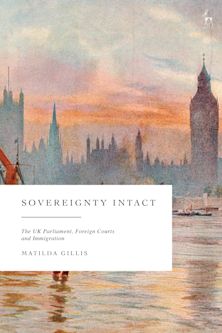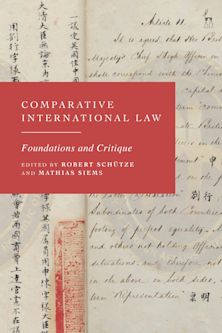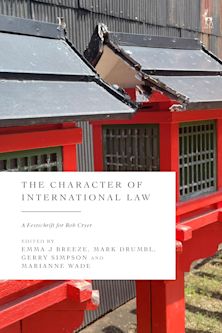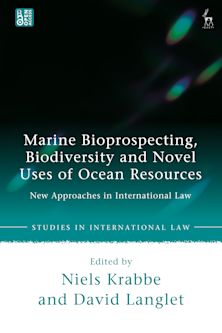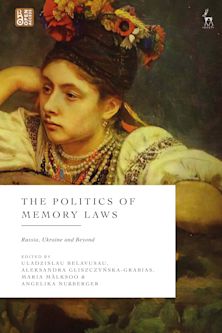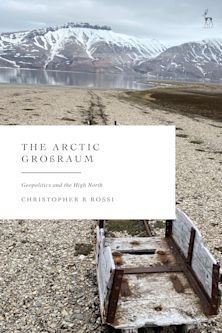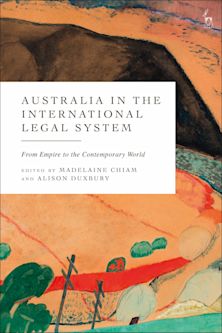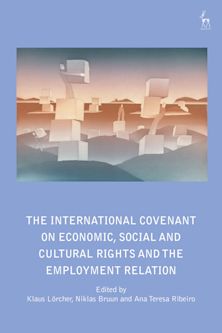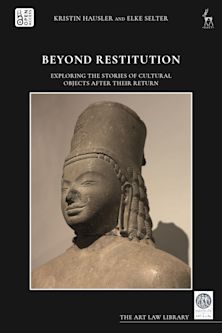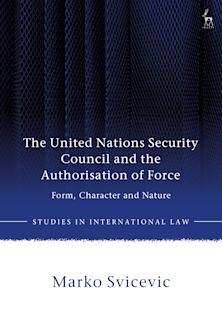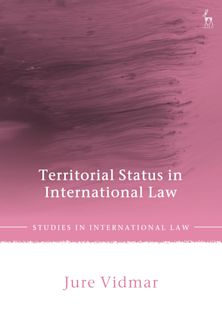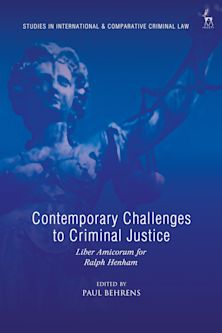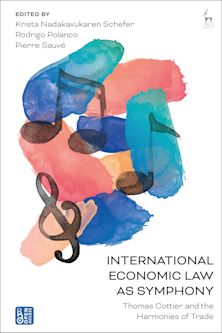Manufacturing Sovereignty
International Law, Labour Struggle, and the Making of Iraq
Manufacturing Sovereignty
International Law, Labour Struggle, and the Making of Iraq
Payment for this pre-order will be taken when the item becomes available
This product is usually dispatched within 10-14 days following the publication date
- Delivery and returns info
-
Free UK delivery on orders £30 or over
Description
This book delves into the legal and labour history of the Hashemite Kingdom of Iraq to explore the role international law and its institutions played in Iraq's state formation.
Focusing on a turbulent period in global and Middle East history, it shows how the case of Iraq became a laboratory for experimentation with the concept of sovereignty by the Permanent Mandates Commission of the League of Nations in Geneva. This resulted in the development of a doctrine of 'semiperipheral sovereignty' to justify Iraq's independence from the Mandate process. This novel doctrine and its operation within the provisions of the 1930 Anglo- Iraq Treaty ensured the maintenance of British dominance over Iraq, especially to safeguard the extraction and transportation of its valuable oil resources to Western markets.
The book traces how this legal doctrine impacted the everyday lives of working class Iraqis. It explores the governance of the extraterritorial spaces of capitalist accumulation and labour exploitation, in particular the Iraq Petroleum Company oil fi elds, the Iraq State Railways and the Port of Basra. It goes on to detail how the oil, railway and port workers led by the Iraqi Communist Party effectively organised themselves into a nationalist revolutionary labour movement. They waged an anti-colonial struggle against these imperial legal structures to improve their lot, leading up to the 1948 Wathba, the 1953 Intifada, and ultimately the July Revolution of 1958, which upended the British-sponsored monarchy.
Spanning various international archives and Arabic primary source materials, this book offers an example of a social, legal and labour history written from below, centering ordinary working peoples' agency in the historiography of international law. Drawing on Third World Approaches to International Law (TWAIL) and Marxist methodologies, it emphasises the signifi cance of the semi-periphery in the making of the international legal order.
Table of Contents
1. Enclosing Mesopotamia: Frontier Governmentality, The Rule of Property and the Origins of Underdevelopment in Hashemite Iraq
2. Manufacturing Iraqi (Semi-peripheral) Sovereignty in Geneva: Dominance Through De Jure 'Independence'
3. Civilizing Labour Relations in Baghdad: The ILO and the Making of the Iraqi Working Class
4. Disrupting the Circuits of Capitalism: The IPC Workers' Struggle against the Legal Infrastructures of the Oil Frontier of the Middle East
5. Forging Independent Labour Unions: The Railway and Port Workers' Struggles against the Arteries of Imperial Communications and Trade
6. Permanent Emergency and the Criminialisation of Dissent as Technologies of Semi-Colonial Governance
7. The Defeat of the Portsmouth Treaty: al-Wathba and its Contribution to the Conjuncture of Decolonisation in International Law
Conclusion
Product details
| Published | 19 Feb 2026 |
|---|---|
| Format | Hardback |
| Edition | 1st |
| Extent | 304 |
| ISBN | 9781509952878 |
| Imprint | Hart Publishing |
| Dimensions | 234 x 156 mm |
| Series | Hart Monographs in Transnational and International Law |
| Publisher | Bloomsbury Publishing |

ONLINE RESOURCES
Bloomsbury Collections
This book is available on Bloomsbury Collections where your library has access.












